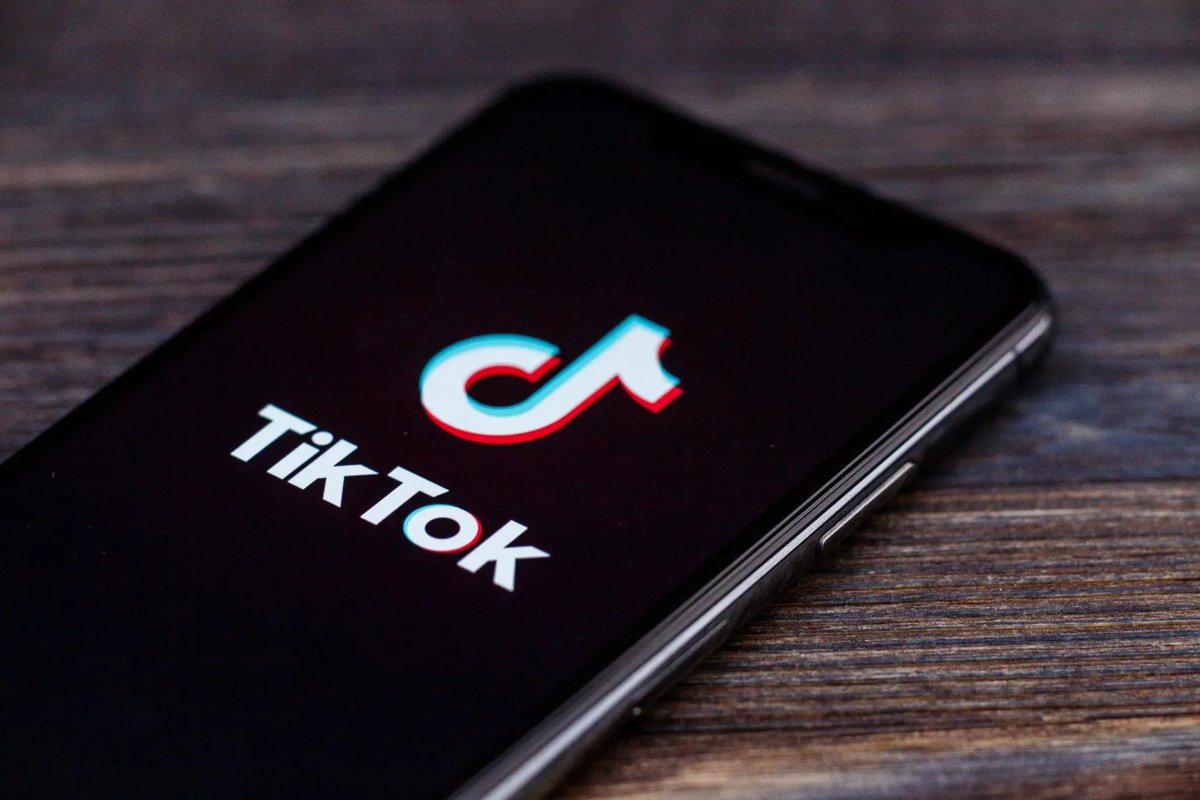Reflecting a bit further on this 'proposal' from Hu Xijin, a world where there are no truly multinational companies, only companies with different value systems adapting to the control and the value systems of their host countries is an inherently authoritarian one. (1/x)
https://twitter.com/LindsayPGorman/status/1307855504094433281
It's in line with the digital sovereignty agenda China & Russia have been promoting at the UN.
And the idea that there are no universal human rights, only local laws. That one nation's laws are as valid as the next, whether or not they use technology to oppress... (2/x)
And the idea that there are no universal human rights, only local laws. That one nation's laws are as valid as the next, whether or not they use technology to oppress... (2/x)
or who has input into these laws' formation.
Advancing a foreign policy agenda that stands up for the universality of human rights should be at the center of the US response to authoritarian technology from China or wherever else. (3/x)
Advancing a foreign policy agenda that stands up for the universality of human rights should be at the center of the US response to authoritarian technology from China or wherever else. (3/x)
If we get it right, companies in democracies can be some of our strongest ambassadors in the fight against tyranny.
But they alone cannot lead it. (4/x)
But they alone cannot lead it. (4/x)
It's not clear that the goal of advancing this foreign policy was served by the TikTok saga. And there's more than a little evidence to the contrary.
Next time--& there will be a next time--let's do better. With clarity on what we're really fighting for in the first place.(end)
Next time--& there will be a next time--let's do better. With clarity on what we're really fighting for in the first place.(end)
• • •
Missing some Tweet in this thread? You can try to
force a refresh








